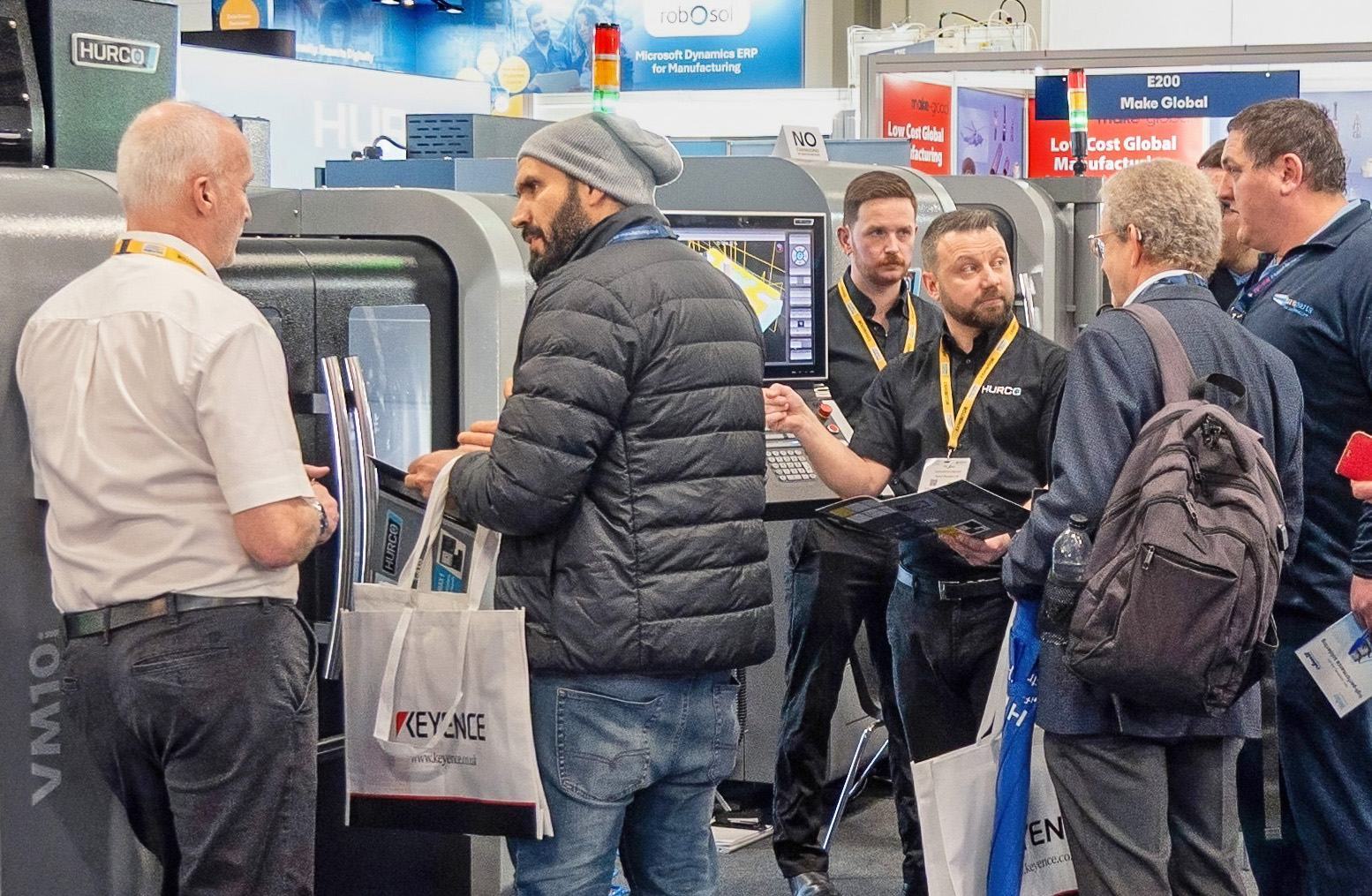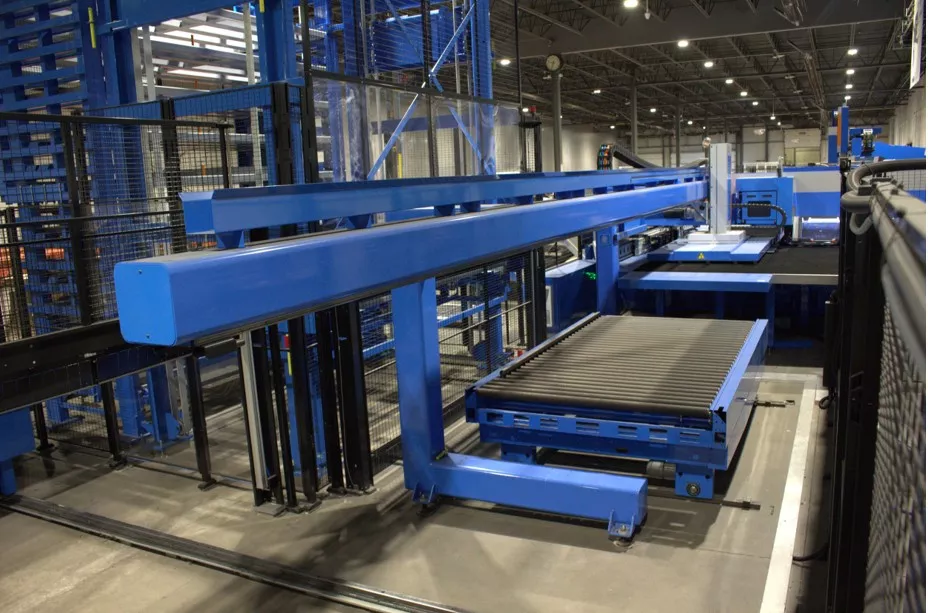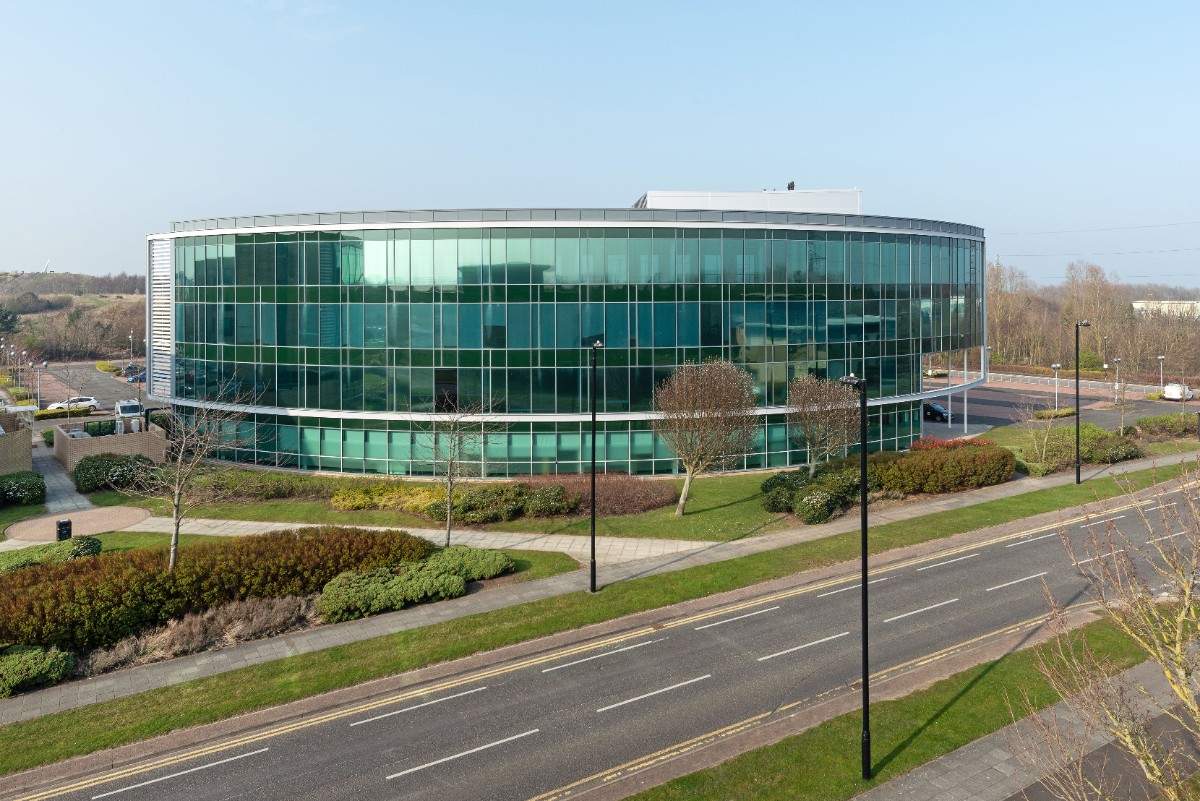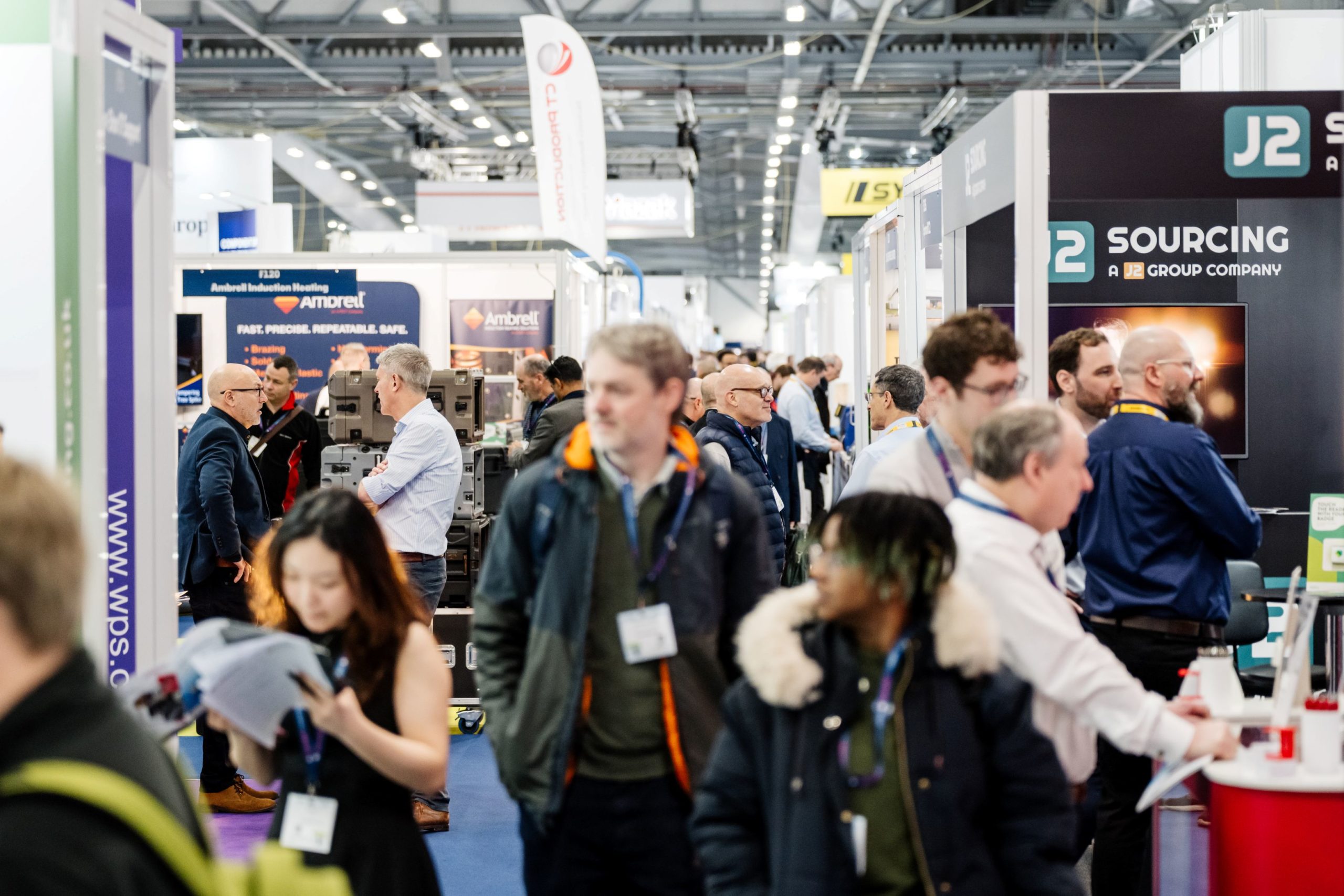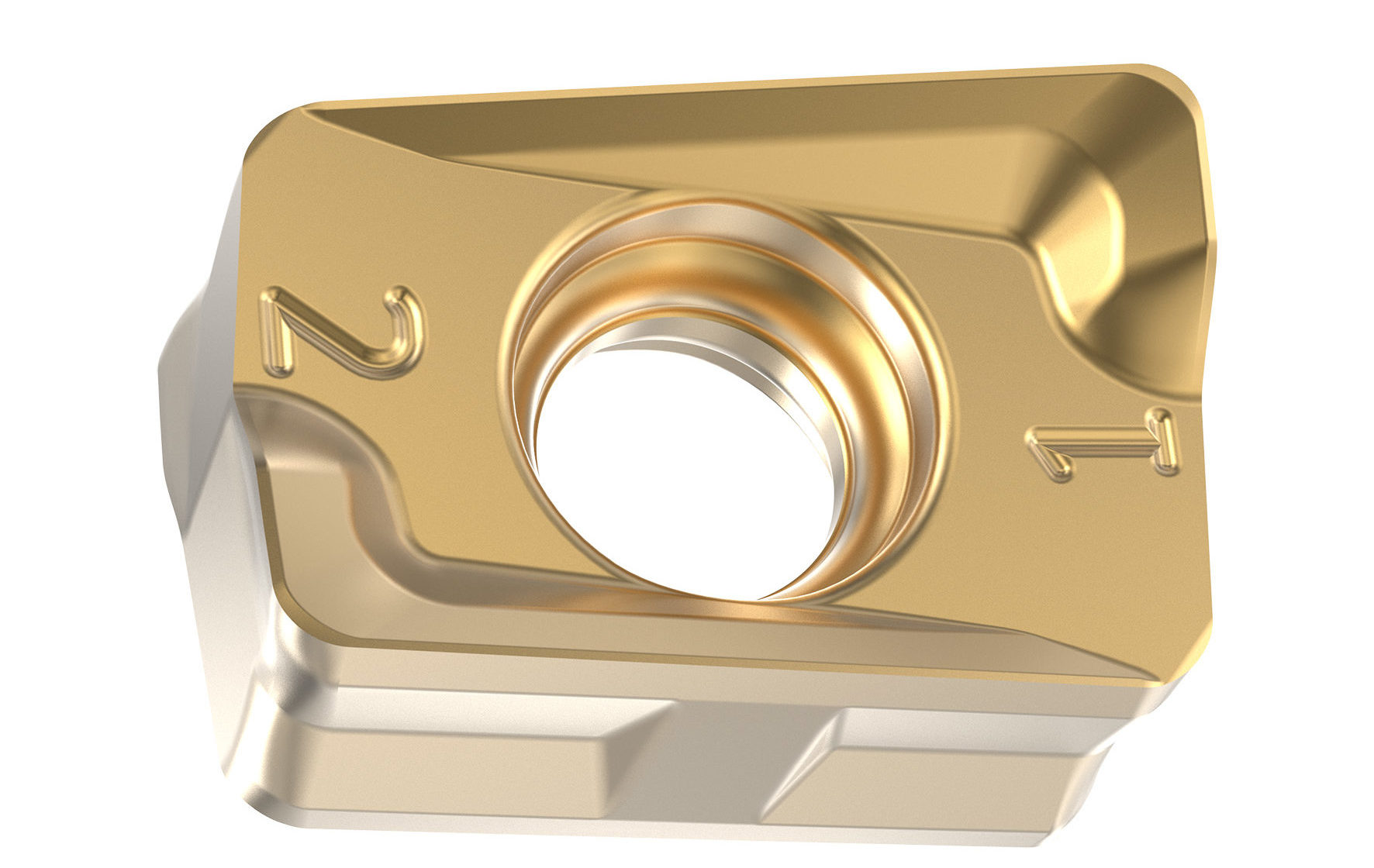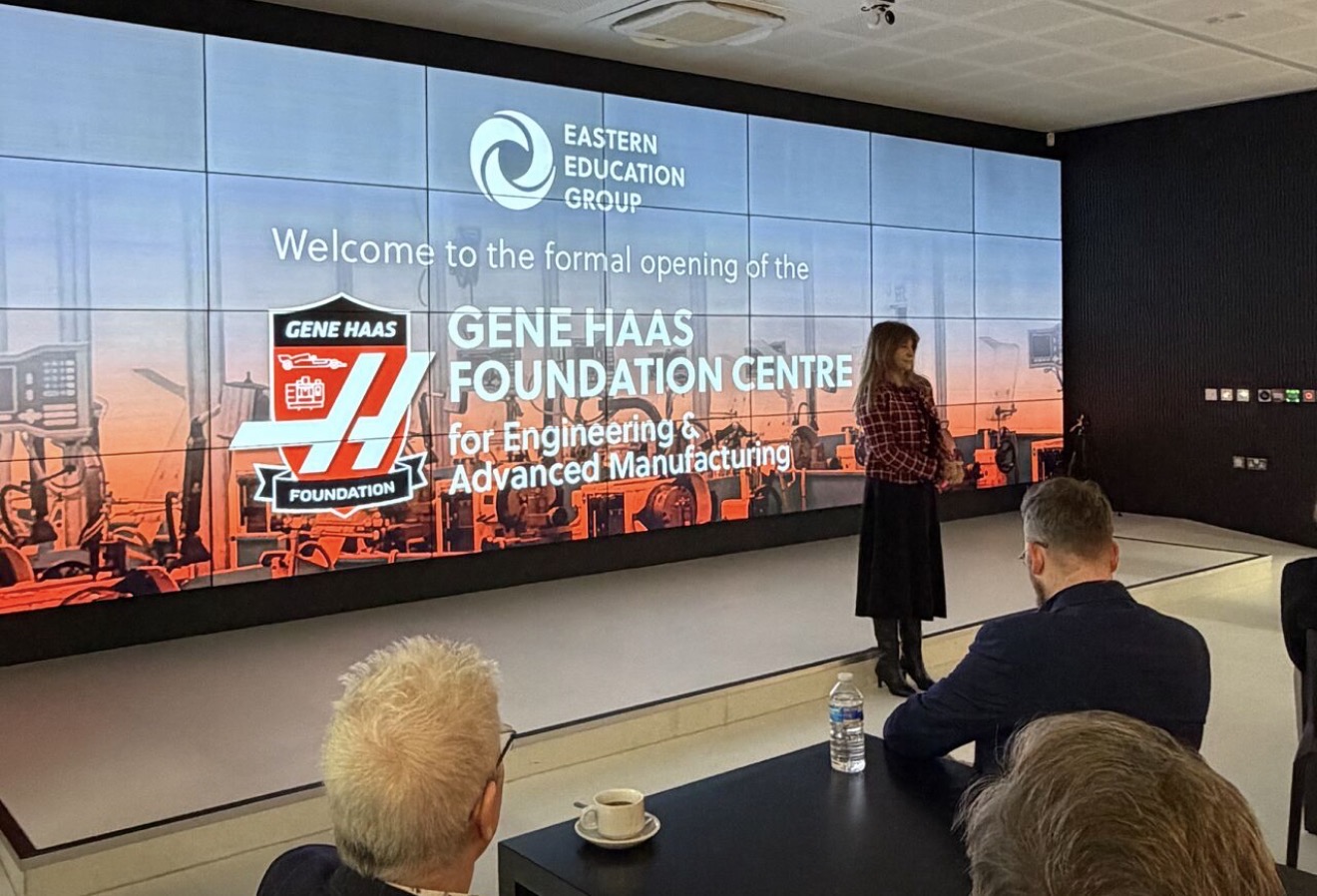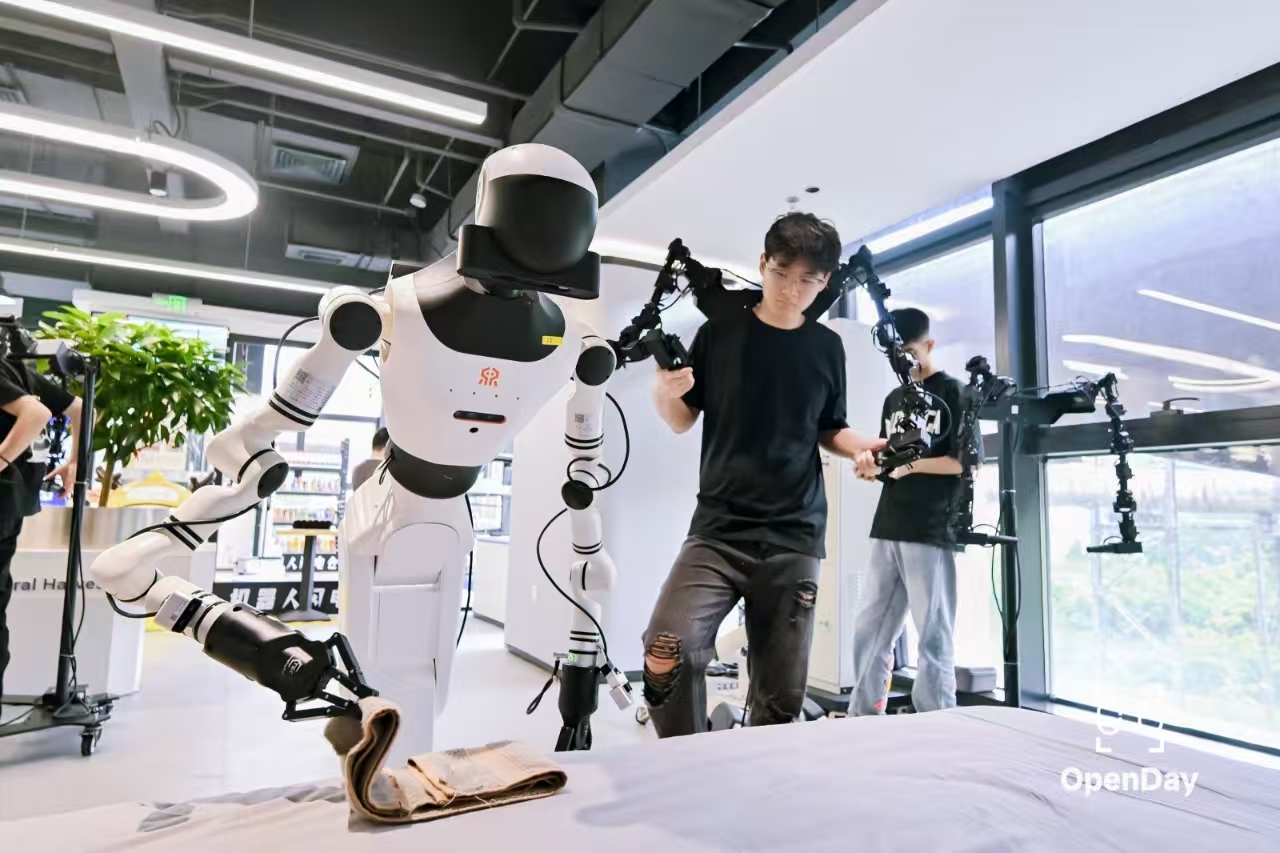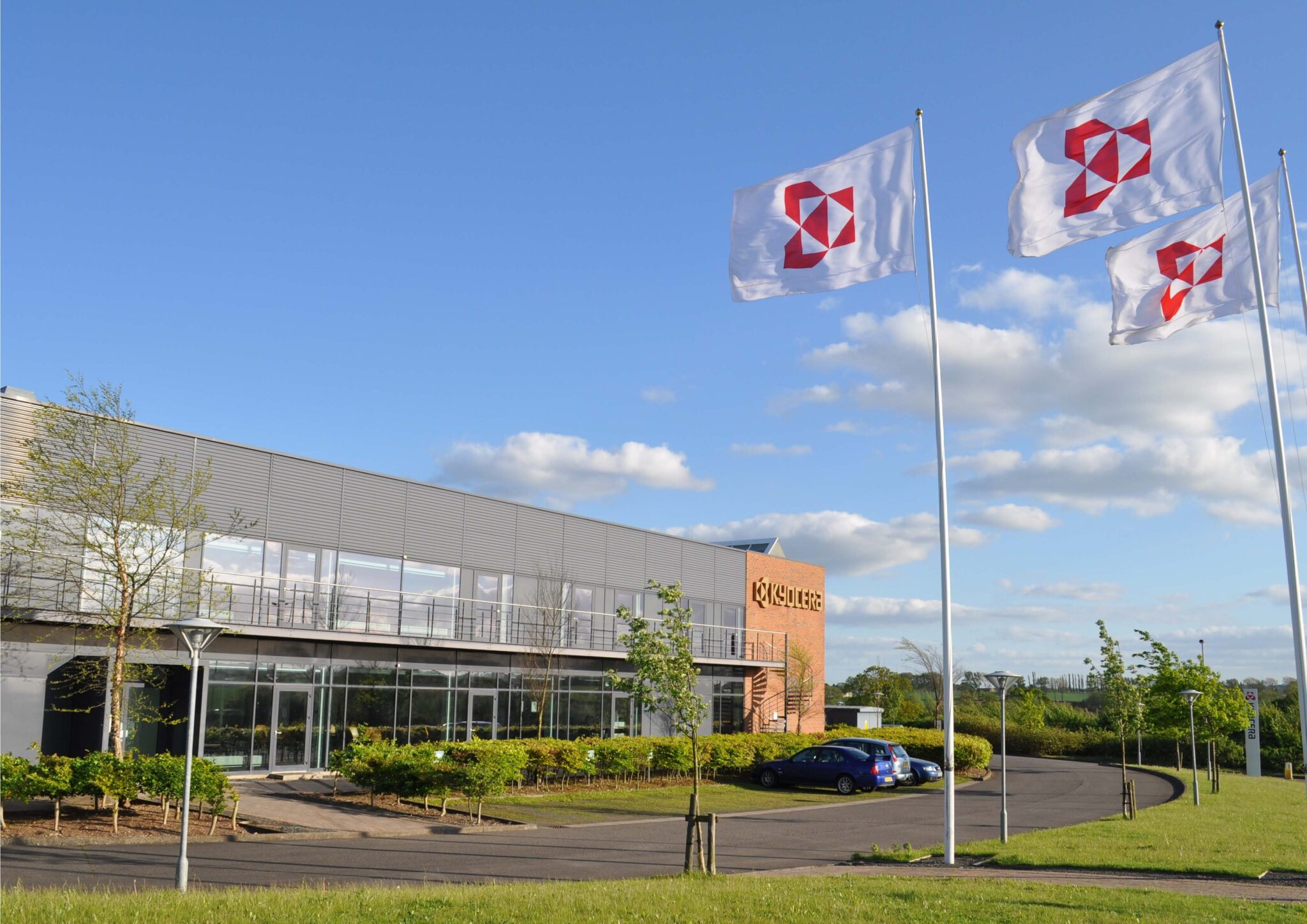Subcontractor automates milling to boost productivity and beat the skills shortage
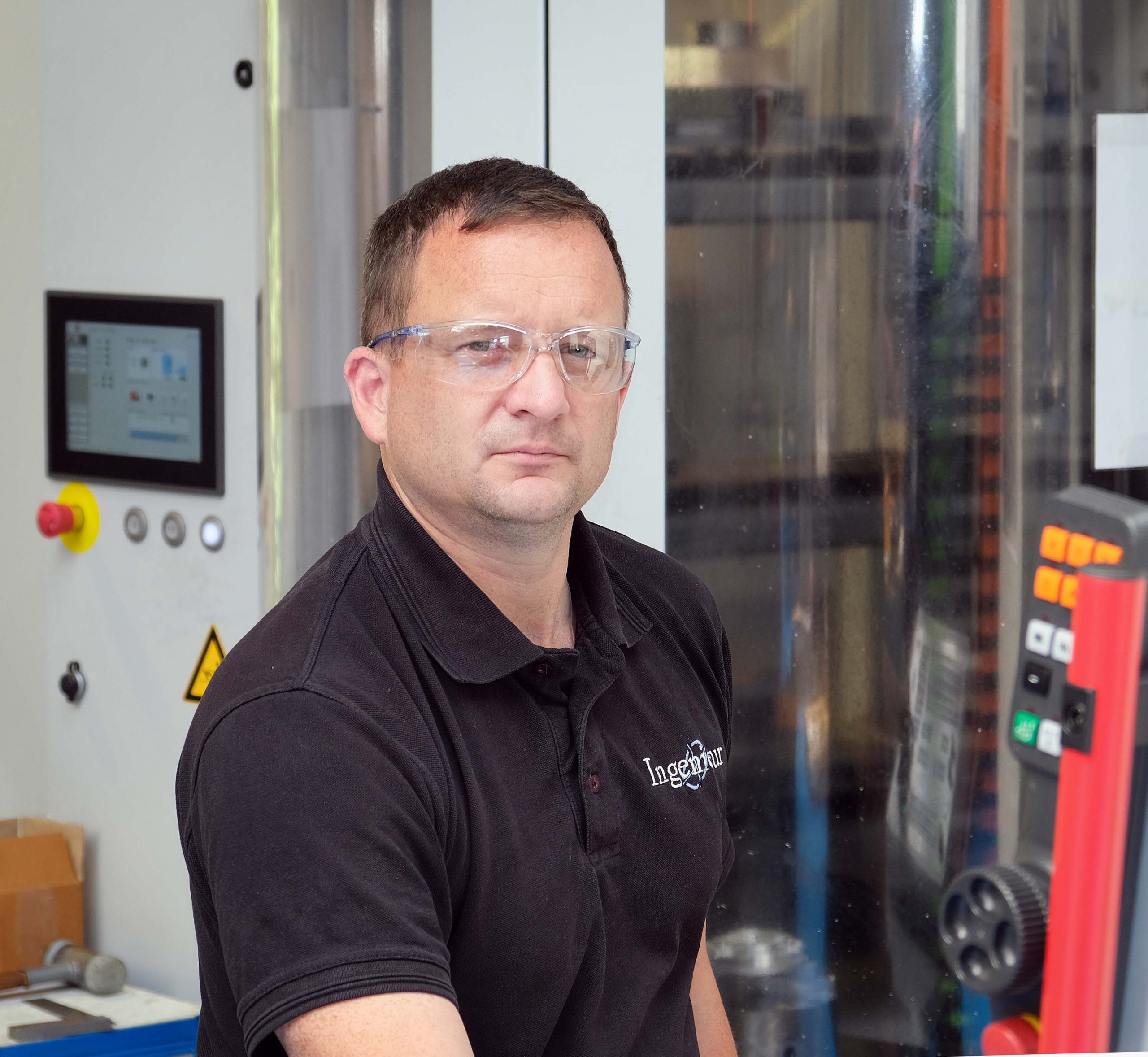
Machining contracts for the civil aviation, defence and space sectors make up about 60 percent of turnover at Ingenieur Ltd, Chandlers Ford, with oil and gas accounting for much of the remainder. Turned parts production is only 30 percent of throughput, the rest being prismatic machining on seven vertical machining centres (VMCs), the latest two of which are German-built Hermle machines. Supplied in 2022 by sole UK sales agent Kingsbury, they are the subcontractor’s first 5-axis models.
In 2015, Ingenieur moved to a larger, 12,000 sq ft factory unit more suited to hosting visits from aerospace supply chain clients and their customers. At the time, the management considered automating some of the milling to complement bar-fed turning on site, but the volumes did not justify it. Six years later, when Covid-19 restrictions were being lifted, the company became part of the CTN group of five subcontractors across Hampshire, Kent, Cambridgeshire and Norfolk. New work was fed in initially by other group members and the Chandlers Ford operation swung quickly from being quiet, with some operators on furlough, to very busy.
To alleviate a bottleneck in production, a refurbished Hermle C 40 U arrived at short notice in February 2022, on loan from Kingsbury’s showroom in Gosport. The machine was subsequently purchased. A new Hermle C 400 was delivered in June that year, linked to one of the machine manufacturer’s own HS Flex systems for exchanging 24 pallets automatically, allowing long periods of unattended running. The machining centre is equipped with an 18,000 rpm spindle, through-spindle coolant, an extended magazine to accommodate 90 tools, Blum tool measurement and breakage control, and a Renishaw touch probe for workpiece datuming.
Ingenieur’s general manager Chris Barton explained, “Before the Hermles were installed, we were quoting and winning a lot of new business in a number of industry sectors. In a short space of time we gained four additional contracts, so extra milling capacity was needed really quickly, which thankfully Kingsbury was able to supply.”
One of the contracts involved machining relatively large quantities, between 1,000 and 1,500, of each of 20 different parts from aluminium billet for a US firm in the security sector. However, the subcontractor was operating only a single day shift, 39 hours over a five-day week, which was not enough to cope. Consideration was given to introducing a second shift, but automation was the favoured route to increasing capacity. Five different options were considered.
The trunnion-type Hermle 5-axis VMCs were chosen due to their high quality build, the proximity of Kingsbury for providing service and after-sales support, and also because the machines could be supplied with a Heidenhain 640 control to enable programs from the other VMCs on the shop floor, all of which are fitted with the same make of CNC, to be run with very little editing.
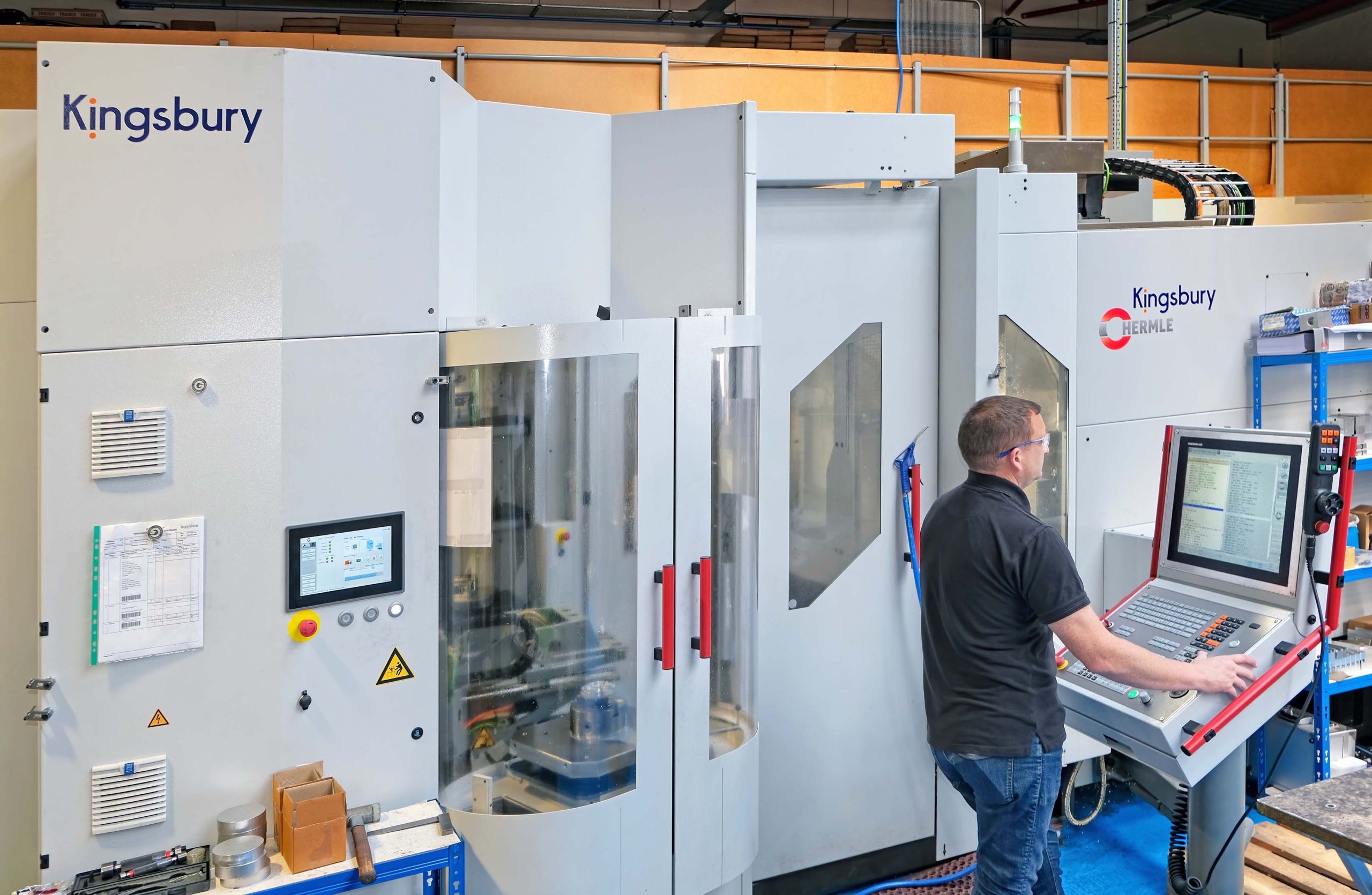
Even after the machining platform had been decided upon, there was still debate concerning whether to use an HS Flex or a third-party pallet storage and retrieval system. The former was selected owing to seamless connection with the machine, as well as the flexibility of sequence planning and order management using the touch-screen interface of the pallet store control, which is linked into the Heidenhain CNC system.
Once the new milling capacity was operational, the efficiency of production at Chandlers Ford was transformed. The security sector contract involved tens of thousands of parts requiring 30- to 90-minute cutting cycles to be delivered to the US over a 12-month period. Three months in and the work was already behind. After the Hermles came on-stream, Ingenieur quickly caught up and by the eleventh month, the subcontractor had not only eliminated the backlog but was well ahead of schedule.
Mr Barton continued, “The HS Flex automation is very adaptable and easy to use. During the day when operators are present, we set it up to run components requiring fairly tight tolerances down to ± 0.01 mm. If a rush job comes along, it is a simple matter to load the parts into the pallet store, transfer the program and run off the parts.
“At the end of each day shift, we load the pallets with work and leave the system to operate unattended overnight with total confidence. Generally, during ghost shifts we process components requiring a more open tolerance, typically ± 0.05 mm.
“The machine works like that non-stop from first thing Monday morning until mid-morning on Saturday. I estimate that an operator is in attendance for just three hours a day, loading and unloading pallets and transferring programs. For the rest of the time, the production cell runs fully autonomously.”
Production within the automated Hermle cell after the US contract had finished was significantly different. Stainless steel and Inconel were machined in addition to aluminium, batch sizes were smaller at 50 to 500, and cycle times were considerably shorter at about five minutes. So Ingenieur bought an iron casting and machined it to a bespoke design to allow a mix of multiple jobs to be mounted on each pallet for overnight processing. Normally found on a horizontal machining centre, the tower is able to present parts to the VMC spindle by swivelling the trunnion through 90 degrees.
The subcontractor has found that automation allows scarce setter-operator resources to be spread efficiently throughout the factory during the day. With the current difficulty in recruiting skilled staff, few manufacturers have the luxury of deploying one experienced person onto just one or two machines. Equipment like the HS Flex allows apprentices and less proficient staff to monitor production while it is running. It also maximises productivity, as idle times are short due to quick load / unload times.
In conclusion, Mr Barton commented, “You couldn’t ask for a better automated production cell than the Hermle – it’s brilliant. The equipment is productive, accurate and user friendly, and if we have a difficulty or query, nine times out of 10 Kingsbury sorts it out over the phone. We would have no hesitation in buying a second cell if production volumes warrant it.”

